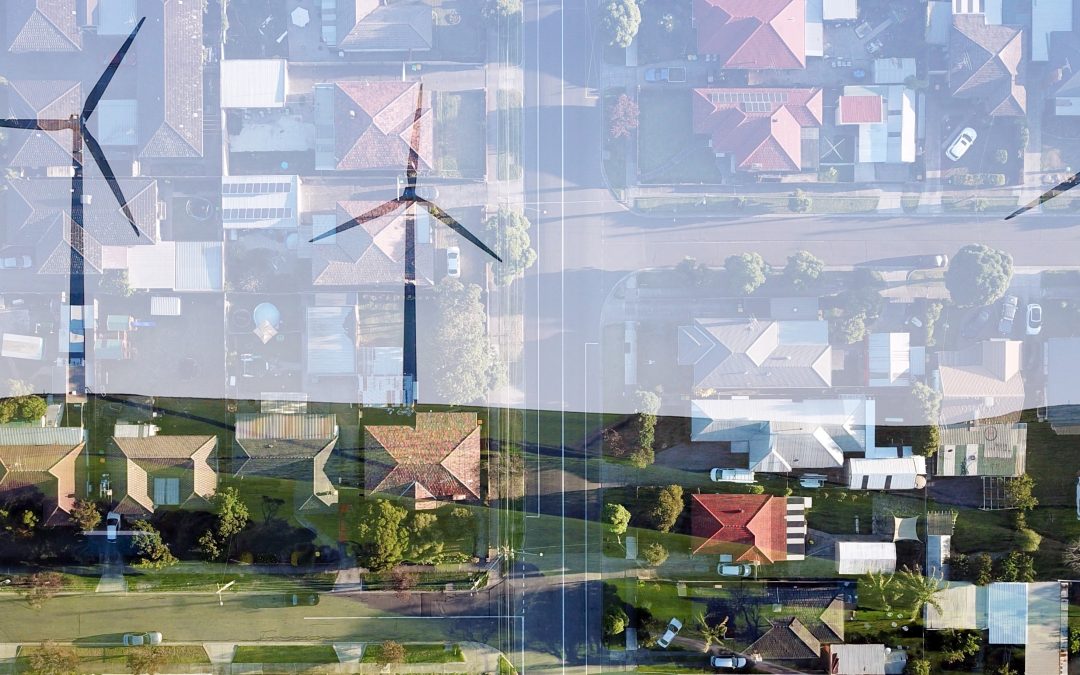Today, our society is more aware than ever of the point of no return where it stands. We are initialising a process of energy transition of historical proportions and profound multidimensional implications. Since human and environmental spheres are interlinked, the energy shift implies social rearrangements with asymmetric consequences.
In this vein, the number of academic papers, political frameworks, discourses and activist movements supporting just energy transitions has grown exponentially worldwide, closely following the traditions of energy and environmental justice. Nonetheless, the call for a just transition is not new, but a claim with a substantial grounding in the history of contemporary trade unions. Recently, the launch of the Sustainable Development Goals and the advances made by the International Labour Organisation about the convergence of environment, energy, employment and well-being have revived this notion.
As just energy transitions (re)gain popularity, researchers at GEEDS have published an article in the journal Energy Research & Social Science that reviews the concept, the methodologies applied in the field and the results reached by previous studies, notably regarding labour and income impacts. The paper derives two conclusions:
Classifications in this field should be observed with caution since empirical efforts have surpassed any theoretical label. However, models, specially CGEMs and IAMs, are the favourite techniques. Likewise, a call for systemic thinking is widely detected, but hardly ever translated to the design of the empirical analyses.
Concerning the poll of results, studies estimate a small positive impact on employment levels and an intensively negative effect on income, primarily via rising electricity prices and regressive public subsidies. Notwithstanding, studies obviate matters such as job quality, the evolution of working time and the implications of the transition on gender.
By recognising these limitations, the article proposes a research agenda for the near future. It emphasises the necessity of reinforcing the methodological ground, particularly concerning income distribution, diversifying the cases under study, observing the gender implications and introducing alternatives to green growth.
Reference:
García-García, P., Carpintero, Ó., & Buendía, L. (2020). Just energy transitions to low carbon economies: A review of the concept and its effects on labour and income. Energy Research & Social Science, 70, 101664. https://doi.org/10.1016/j.erss.2020.101664



